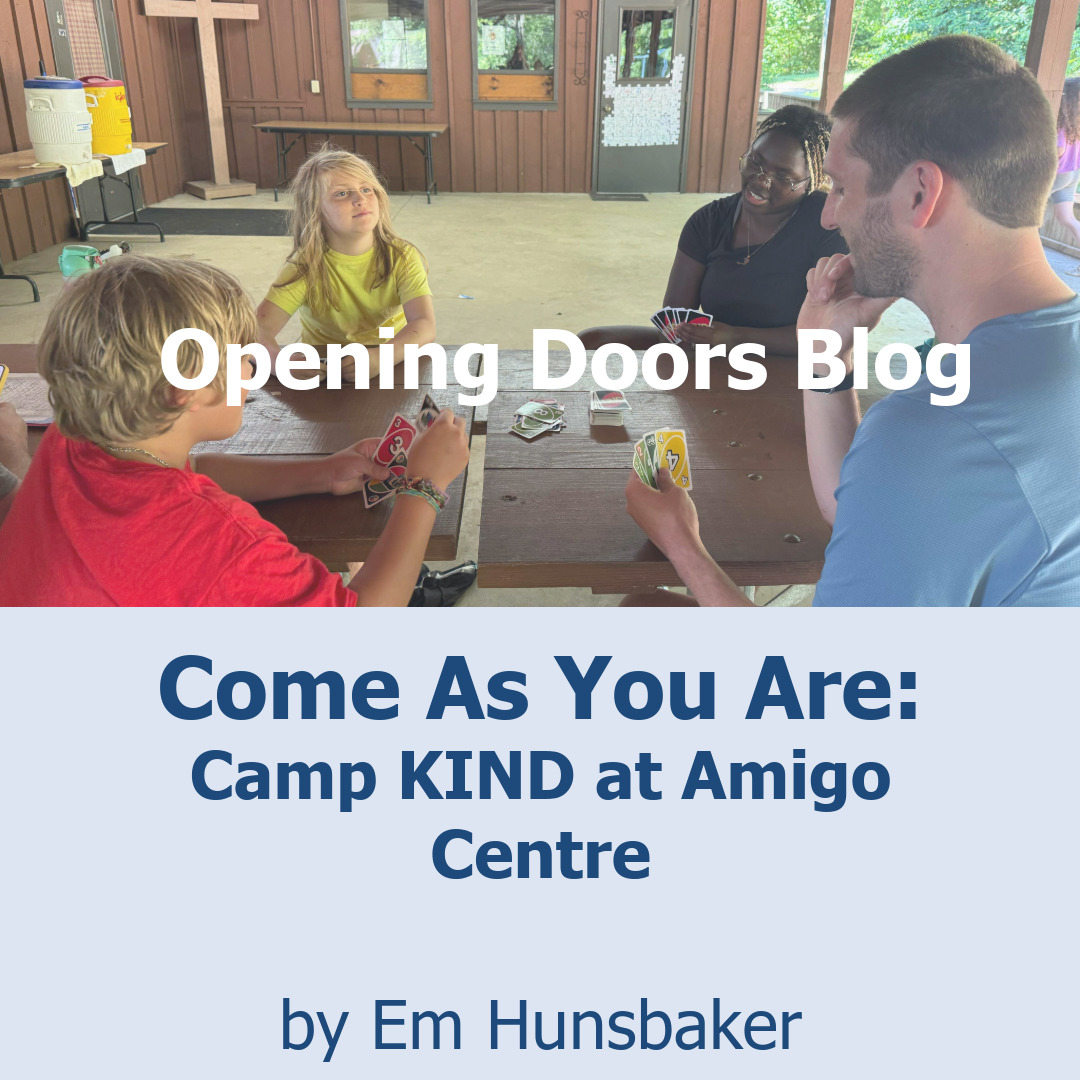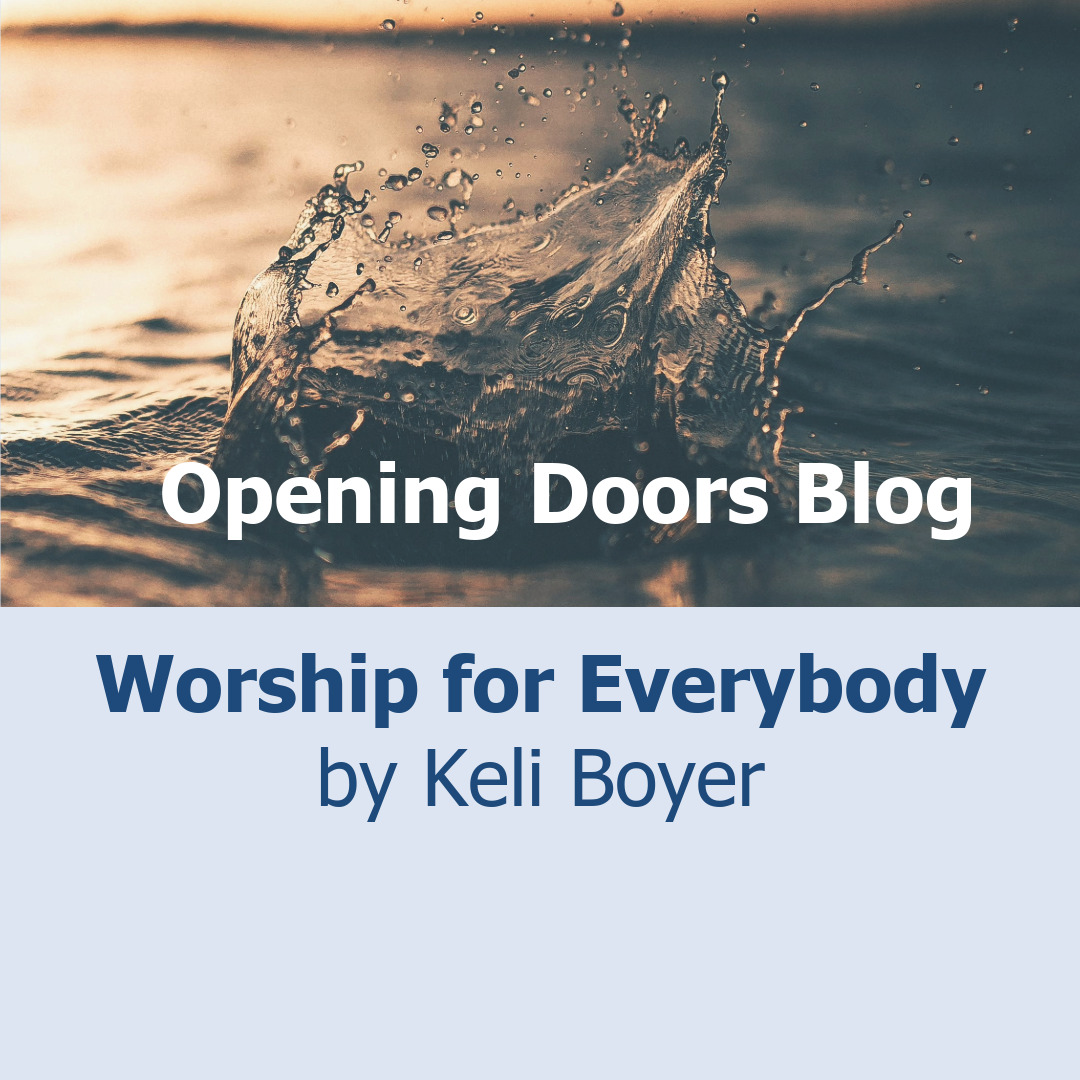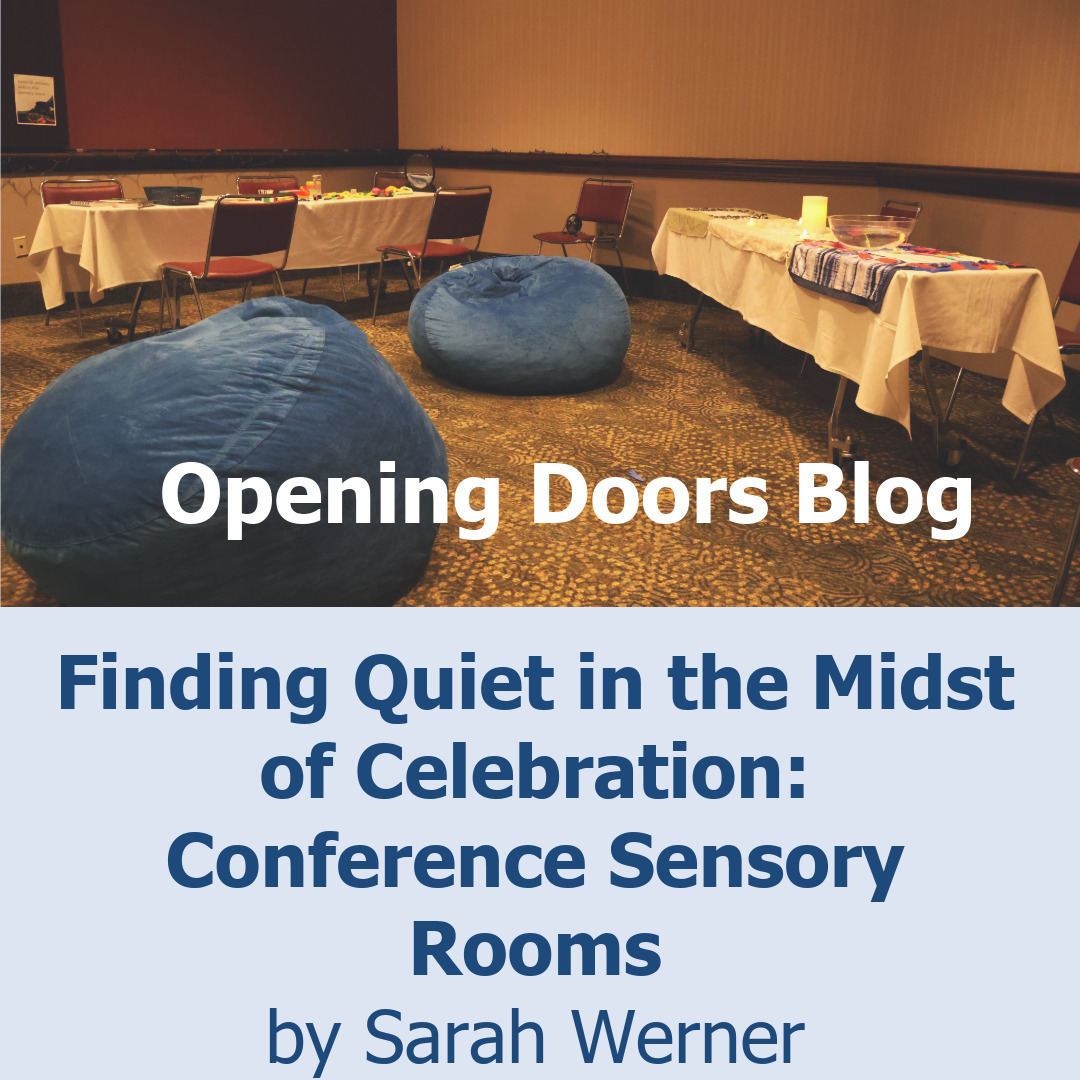Neurodivergence
“Neurodivergence” refers to minds that work in ways that are not considered “typical.” Someone may describe themselves as “neurodivergent” if they have autism, ADHD, dyslexia, OCD, social anxiety, or other conditions that affect their ability to interact with other people or navigate the world. Intellectual and learning disabilities also fall under the category of neurodivergence. Each person who identifies as neurodivergent experiences life differently and has their own strengths and weaknesses.
People who are neurodivergent may:
- Have trouble focusing on a long sermon.
- Need to move around.
- Miss social cues (verbal and non-verbal).
- Be sensitive to sounds, smells, textures, and other sensations.
- Need a lot of energy to engage with other people socially.
- Need some down time to rest and re-charge.
- Need sensory aids to feel comfortable and increase focus.
- Need extra time to express themselves.
People who are neurodivergent experience more barriers to belonging in a faith community than do their neurotypical peers. Nurturing these spaces of belonging may require a change of routine and tradition, or an adaptation of expectations that allow the gifts of all people to be honored in the community.
Resources
Your Stories
-

Come As You Are
Camp KIND demonstrated the beauty of community by calling out each other’s gifts, gently loving people’s weaknesses, and fostering feelings of belonging and unity among participants and staff alike.
-

Worship for Everybody
What if our Church gatherings were designed with everybody in mind – from toddlers to elders, from disabled folks to neurodivergent thinkers?
-

Sensory Rooms
Sensory rooms are needed places of quiet in the midst of celebration. Here Sarah Werner shares about the sensory room at Mennonite Church USA’s biennial convention.


